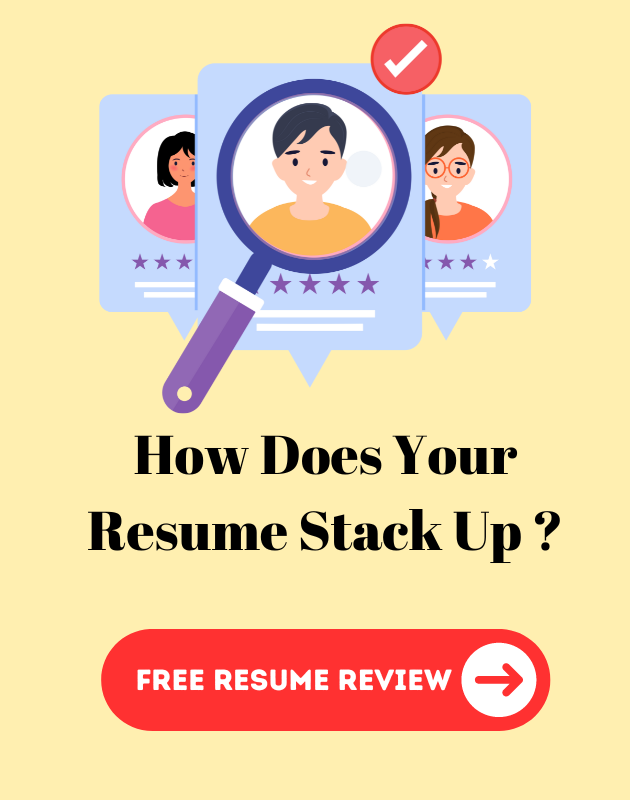8 Things You Should Not Include In Your Resume
-
myeducareers.com
- 04/14/2024
- 0 Comments

Your resume is your superhero landing page. It’s the first impression you make on a potential employer, so it needs to be polished and powerful. But even superheroes make mistakes! To avoid getting tossed into the rejection pile, here are eight sneaky saboteurs to eliminate from your resume:
1. The Objective Statement:
This relic from the bygone era of fax machines is no longer necessary. Résumés are now scanned by Applicant Tracking Systems (ATS) that focus on keywords and skills. Ditch the objective and jump right into showcasing your qualifications.
2. Your Age, Birthday, or Marital Status:
Employers don’t care about how old you are or who you share your life with. These details are irrelevant to your ability to do the job and could lead to unconscious bias. Keep your resume focused on your professional achievements.
3. Irrelevant Work Experience:
Unless it demonstrates a transferable skill highly relevant to the position you’re applying for, past experience as a barista might not be necessary to mention on your resume for a marketing manager role. Target your resume to the specific job description and showcase the skills and achievements most applicable.
4. The Black Hole of Job Gaps:
Did you take a break to travel the world or care for a family member? Great! There’s no need to hide these experiences. Briefly explain the gap with a neutral term like “sabbatical” or “freelance work.” You can elaborate further in your cover letter.
5. Outdated Phrases and Typos:
Clichés like “hard worker” or “team player” won’t make you stand out. Use strong action verbs and specific achievements to quantify your impact. And for the love of all things professional, proofread meticulously! Typos scream carelessness.
6. Salary History:
Negotiate your salary during the interview, not on your resume. Including your salary expectations can limit your earning potential. Focus on the value you bring to the company and let the offer reflect that.
7. Unprofessional Email Address:
Your email address is often the first point of contact with a potential employer. Ditch the email address from your high school days or anything that’s overly casual (ex. partygirlanne@gmail.com). Create a professional email address that uses your full name or a variation.
8. References Upon Request:
While including references on your resume used to be common practice, it’s no longer necessary. Most employers will ask you for permission to contact your references before doing so. Instead, use the valuable resume space to showcase your skills and achievements. If the employer specifically asks for references, you can provide them at that time.
By eliminating these resume red flags, you’ll create a document that highlights your strengths and gets you noticed for all the right reasons. Remember, your resume is a marketing tool, so make sure it’s selling your skills in the most compelling way possible. And for good measure, make sure your online presence reflects the same level of professionalism!






